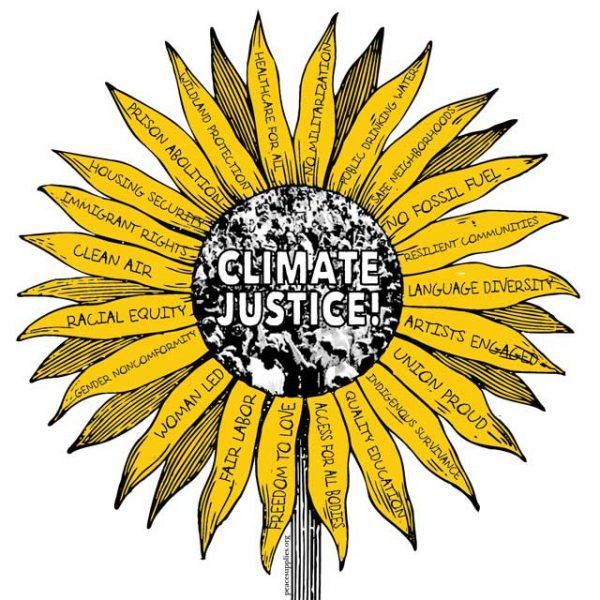In early November, world leaders will gather in Glasgow for COP - the United Nations climate summit. This is the time to act together. Because this summer's UN climate report was clear: global warming is unequivocally man-made and has disastrous consequences for the global climate. We are noticing this in the Netherlands, as the recent floods in Limburg showed, but in African countries, the effects are already much worse. Yet something peculiar is happening. Recently research by the Max van der Stoel Foundation shows that people who can do the least about it but suffer the most are not heard. That has to change.
Climate change stories from Africa
Stories of the impact of climate change, for example, come from women in rural Uganda, who often rely on firewood and charcoal for cooking. Not only are these energy sources bad for their health, but cutting down trees also contributes to further climate change. A transition to renewable energy is therefore necessary. These are also the stories of smallholder farmers from Congo, where heavy rains cause landslides and strong winds sometimes blow away seeds that have just been sown. As a result, food security is at stake. So the demand for climate-resilient agricultural crops is high.
What these people have in common is that they are not responsible for causing climate change, but are highly impacted by it, while they do not have the means or power to take action themselves to combat its effects.
Climate policy based on African perspectives
Ambitious climate policies can offer these countries support, but for this it is crucial that we include African perspectives in all steps of this: from the very beginning, to elaboration and evaluation. In particular, voices of groups that are insufficiently represented, such as women and young people, must be structurally invited to join the discussion. It is important that embassies in African countries are better equipped for this.
Financial support is also crucial. Rich countries are failing to meet their climate finance pledge, while African countries are going into debt to deal with the direct impacts of climate change. To avoid this, public climate finance should also focus more on adaptation; projects to prepare and adapt countries to the impact of climate change. Again, it is crucial that these projects focus on the most vulnerable and are more inclusive of locally-led projects.
Of course, we in Europe must also do everything we can to combat climate change. The European Green Deal is fully committed to climate neutrality, a much-needed step, but still insufficient. Europe must also look closely at the impact of its own policies and actions on other countries. That is why it is crucial that African perspectives are also involved in plans like this, during each step.
An inclusive COP
It is important to hear the stories of those who experience the impact of climate change on a daily basis. Even more important is to let them be part of the solution. This also applies to the upcoming COP in Glasgow. Due to the entry restrictions in place, the extent to which people from vulnerable countries can join and be heard remains to be seen. This needs to be resolved, because only by including African perspectives in our climate policies can we really work on climate justice.





